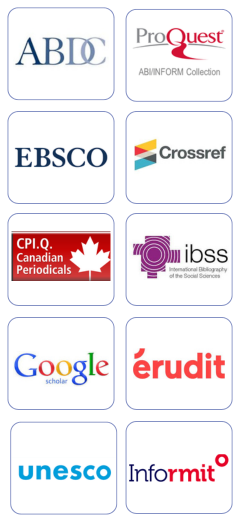Digital Humanism in the Age of Artificial Intelligence*
DOI:
https://doi.org/10.55482/jcim.2024.34393Keywords:
Digital humanism, transdisciplinarity, ideatorsAbstract
The virtues of the humanities, including philosophy, history, and sociology, are more precious than ever. They serve as guiding lights, illuminating the dark regions of science, as the sociologist and philosopher Edgar Morin would assert. Their importance in the digital age cannot be overstated. With this paper, we intend to open a debate on ‘digital humanism’ – the humanistic imprint of the digital world. We want to bring humans back to the centre of attention as idea builders (so to speak, ideators or creators) who promote the wellbeing of all living things: people, animals and natural objects (seas, lakes, rivers, mountains, etc.). This article outlines a cultural framework that aims to foster the creation of technologies by ideators who prioritise social justice, environmental sustainability and ethical behaviour.
*Excerpted from Piero Formica. Human Intelligence and Artificial Intelligence: Exhibition at the Mind Gallery. Bologna, Italy: Edizioni Pendragon.
Downloads
Published
How to Cite
Issue
Section
License
Papers accepted become the copyright of the journal, unless otherwise specifically agreed.



